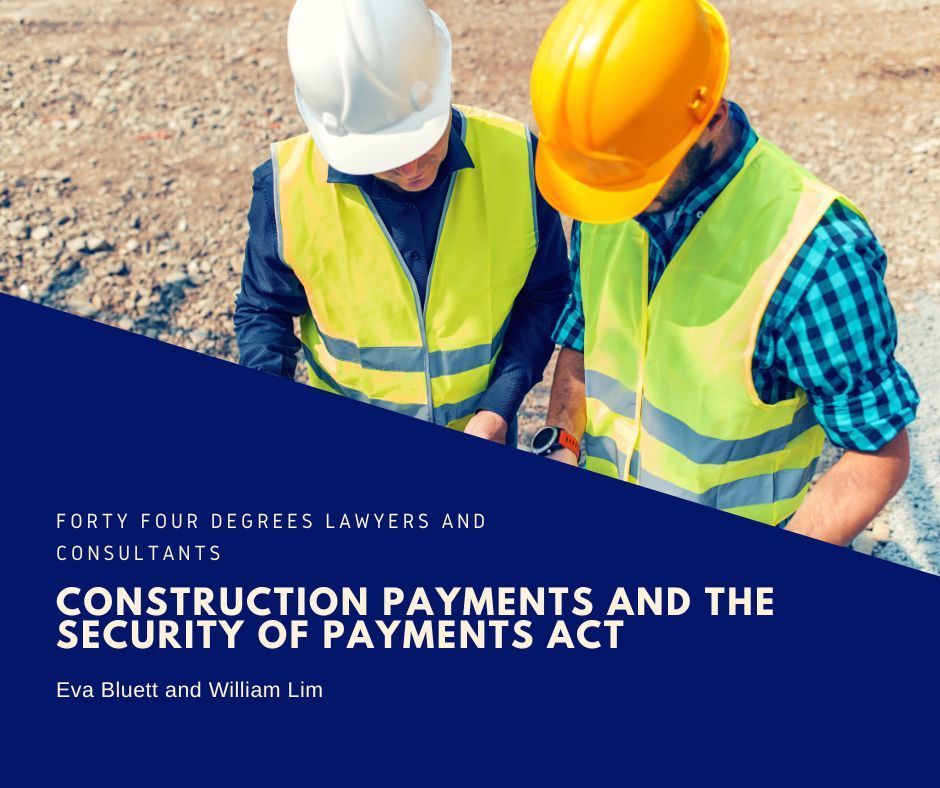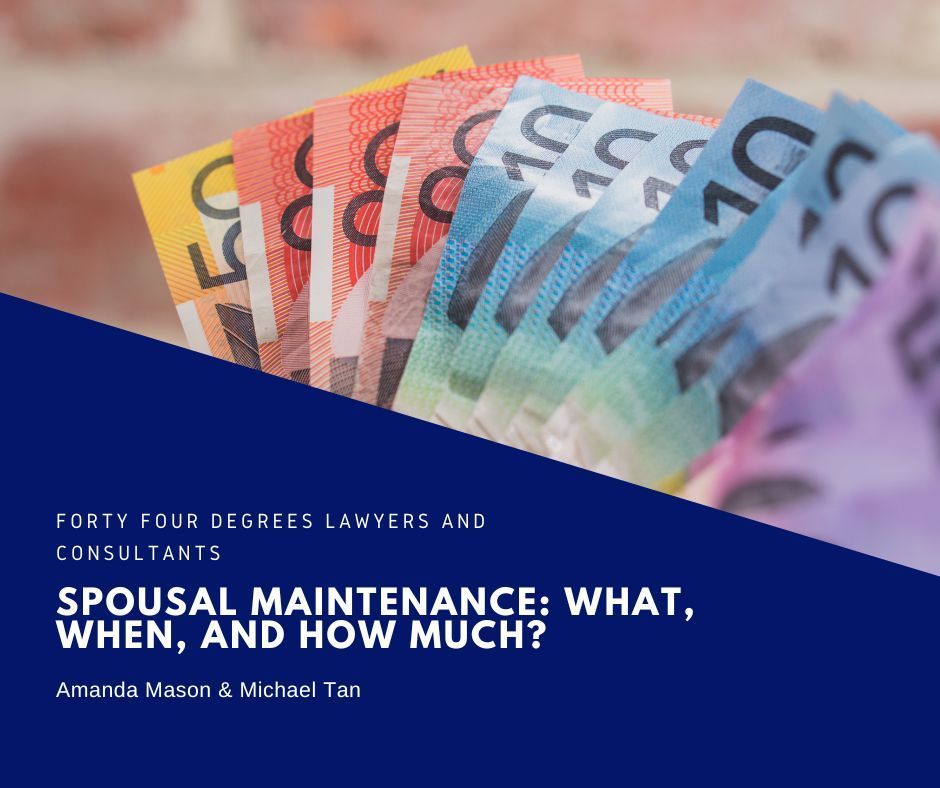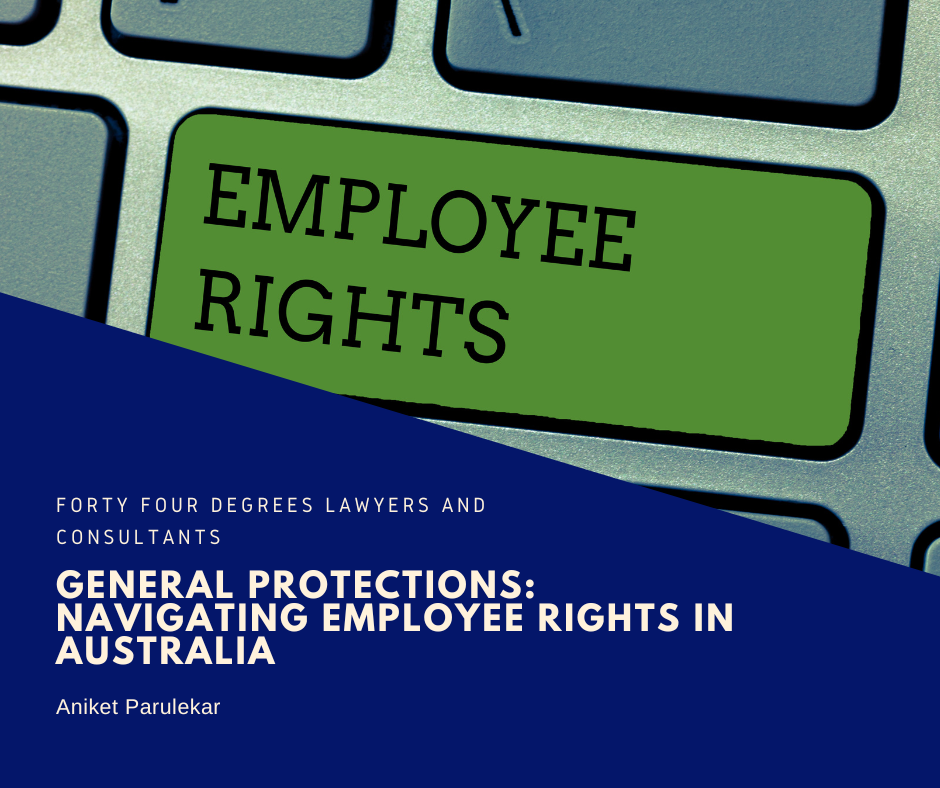Director Identification Numbers
Leila Chalk and Lewis Wolfe • Oct 26, 2021
New Changes

Background
The government has introduced a number of changes as part of the 2020 Budget Digital Business Plan that are designed to simplify and streamline access to, and maintenance of, business records with the government. The Modernising Business Registers Program establishes the Australian Business Registry Services, which will create a single place for more than 30 ASIC registers and the Australian Business Register. Increased centralisation of records, integrity, and ease of access are a clear intended benefit of the program. More complete, accessible records means that the transparency and accountability of businesses are increased. In line with these updates, the Modernising Business Registers Program also introduces the requirement under the Treasury Laws (Registries Modernisation and Other Measures) Act 2020 (Cth)
for all Directors to acquire a unique Director Identification Number (DIN).
Director Identification Numbers
A DIN is a unique identifier number that each Director is required to apply for once and will keep forever. This means that a Director of one company that later becomes a Director of another company will have the same DIN for their role in each company. This program is intended to address illegal ‘phoenixing’ activities and increase Director accountability. Each Director is required to register their DIN for each relevant entity they become a Director of, which is then maintained on a centralised register. This means that Directors are easily and efficiently traceable through the various companies they currently, or have previously, directed.
Who must hold a DIN?
DINs must be held by Directors and alternate Directors acting in that capacity for relevant entities. Eligible entities are a company, a registered Australian body, or a registered foreign company under the Corporations Act 2001 (Cth). Additionally, an Aboriginal and Torres Strait Islander corporation registered under the Corporations (Aboriginal and Torres Strait Islander) Act 2006 (Cth)
is included in the list of relevant entities.
What do I need to do?
If the above applies to you, you will be required to make an application for a DIN via the Australian Business Registry Services website. Applications must be done personally, an authorised third party can only apply for the DIN on behalf of a Director if the government is satisfied the Director is unable to make the application on their own.
Date requirements for applications:
Corporations Act Directors
- Directors on or before 31 October 2021 have until 30 November 2022 to apply for a DIN;
- Directors who become Directors between 1 November 2021 and 4 April 2022 will need to apply for a DIN within 28 days of appointment as a Director;
- Following 5 April 2022, Corporations Act Directors will be required to have applied for a DIN before appointment.
- For those who are Directors on or before 31 October 2022, the application date for a DIN is 30 November 2023;
- From 1 November 2022 those who are becoming Directors are required to apply for a DIN before appointment.
DINs must be provided to the record-holder for the corporation. When being appointed to another directorship in the future, the DIN must also be provided to the record-holder for the relevant entity. It is also a requirement for Directors to inform the government of any changes to the information related to their DIN.
If you wish to discuss any of the changes to Director obligations and what they mean for you, contact our offices.
Leila Chalk
is a Partner at Forty Four Degrees.
Contact Us
We’re an Australian Law Firm promoting a nuanced, personal touch. We have the skills you need to resolve your case quickly and with a positive outcome. Our straight talking team stays close to simplify what is most often a complicated process. We help individuals and businesses with technology and startup law, property law including conveyancing and leasing, commercial law, civil litigation, wills, estates, bankruptcy, insolvency, criminal law, and professionals facing investigations and charges from their regulatory body.
We have a connected network of talented lawyers in Melbourne CBD, Dandenong, Ballarat, and Ivanhoe East.
Fill out the form or call us on 1300 892 237.
Thank you for contacting us.
We will get back to you as soon as possible
We will get back to you as soon as possible
Oops, there was an error sending your message.
Please try again later or call us on 1300 892 237.
About Us
We do business your way.
203/ 50 Market St, Melbourne VIC 3000
50 Lydiard St South
Ballarat Central VIC 3350










